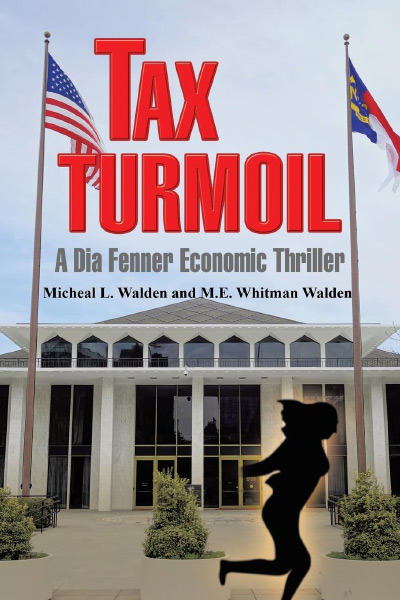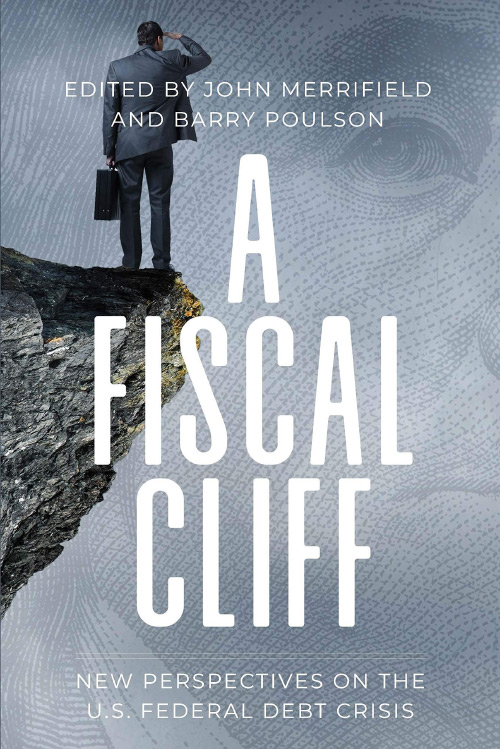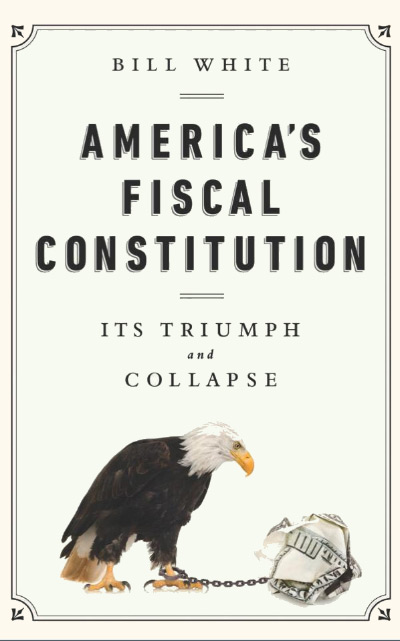Michael Walden is (unofficially) the state economist of North Carolina. He is the go-to source for forecasts, and for informed opinions on the likely effects of fiscal or regulatory policies. Now, he has written a novel, coauthored with his spouse M. E. Whitman Walden. This is the fourth book in a series (!) of “economic thrillers” (!!) focusing on heroine Dia Fenner.
The idea of an economist superhero is so charming that I had been interested in the book before I got a copy. Dia Fenner is the chief economic adviser to North Carolina’s Governor Allen (also fictional). The premise of Tax Turmoil is that Gov. Allen has proposed to eliminate the state’s personal and corporate income taxes, and to disallow almost all deductions or adjustments to tax liability.
All that complexity is to be replaced with a “transactions tax.” Okay, I already said it’s fiction. But then things turn toward fantasy: in responding to criticisms from “both sides of the aisle,” Republicans trying to protect mortgage interest deductions, and Democrats wanting to exempt groceries, Dr. Fenner answers in a way that serves the authors’ need for exposition:
We now have a third aisle in North Carolina, with both a Libertarian Governor and Lieutenant Governor and several Libertarian Party members in the General Assembly. I know we threaten the two-party system’s hold on power, so I’m not surprised by their attacks on Governor Allen’s tax ideas.... Governor Allen believes in not using the State government’s power over the tax system to influence how people spend their hard-earned money. By applying a broad-based transactions tax, together with reductions in overall public spending recommended by the Governor, we estimate the people of North Carolina will see no more than two pennies per dollar of transaction taken from them in taxes. (pp. 3-4)
Well, Argentina has a Libertarian president; why can’t North Carolina have a Libertarian governor? A guy can dream, can’t he?
Of course, it is a “thriller,” so almost immediately Dr. Fenner is threatened, and told that she and her family are in grave danger, because opponents to the plan will stop at nothing to block “your horrible fiscal plan.”
A lot happens in the book. Much of the exposition is didactic, with details about how legislation, regulation, and political sausage get made in North Carolina. It is an enjoyable read, especially if you have North Carolina connections.
But the main thing, the amazing thing, is that there is a technical appendix. An actual data appendix, which provides the calculations, and data sources, for the claims made in debates throughout the book. These are fictional debates, of course, but the claims are real enough; and the whole thing works, as both fiction and pedagogy, far better than I can describe here. A creditable achievement, and a perfectly good summer beach book if you are headed to the Outer Banks.
| Other Independent Review articles by Michael C. Munger | ||
| Fall 2024 | Retrieving Liberalism from Rationalist Constructivism, Volume I; Retrieving Liberalism from Rationalist Constructivism, Volume II | |
| Fall 2024 | The Dispersion of Power: A Critical Realist Theory of Democracy | |
| Summer 2024 | Secret Government: The Pathologies of Publicity | |
| [View All (83)] | ||


















